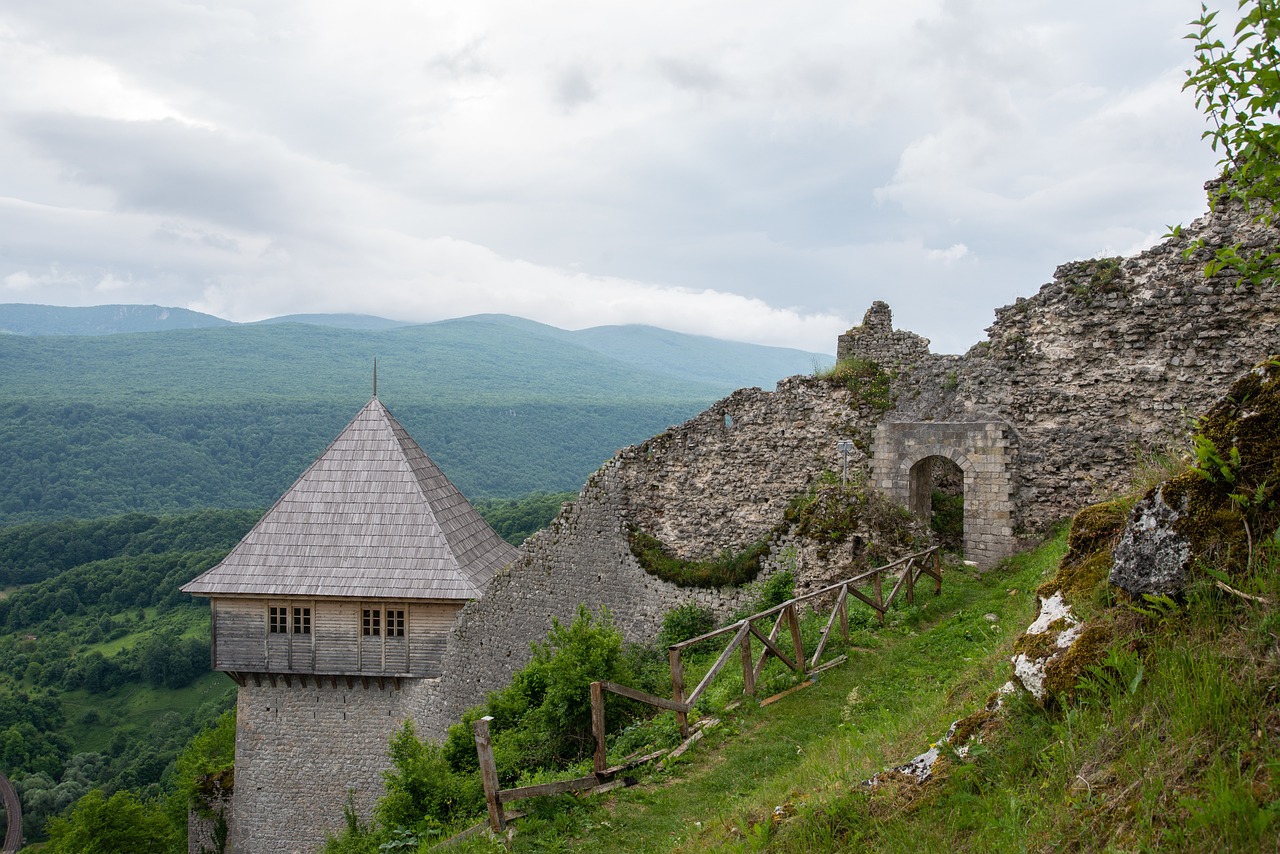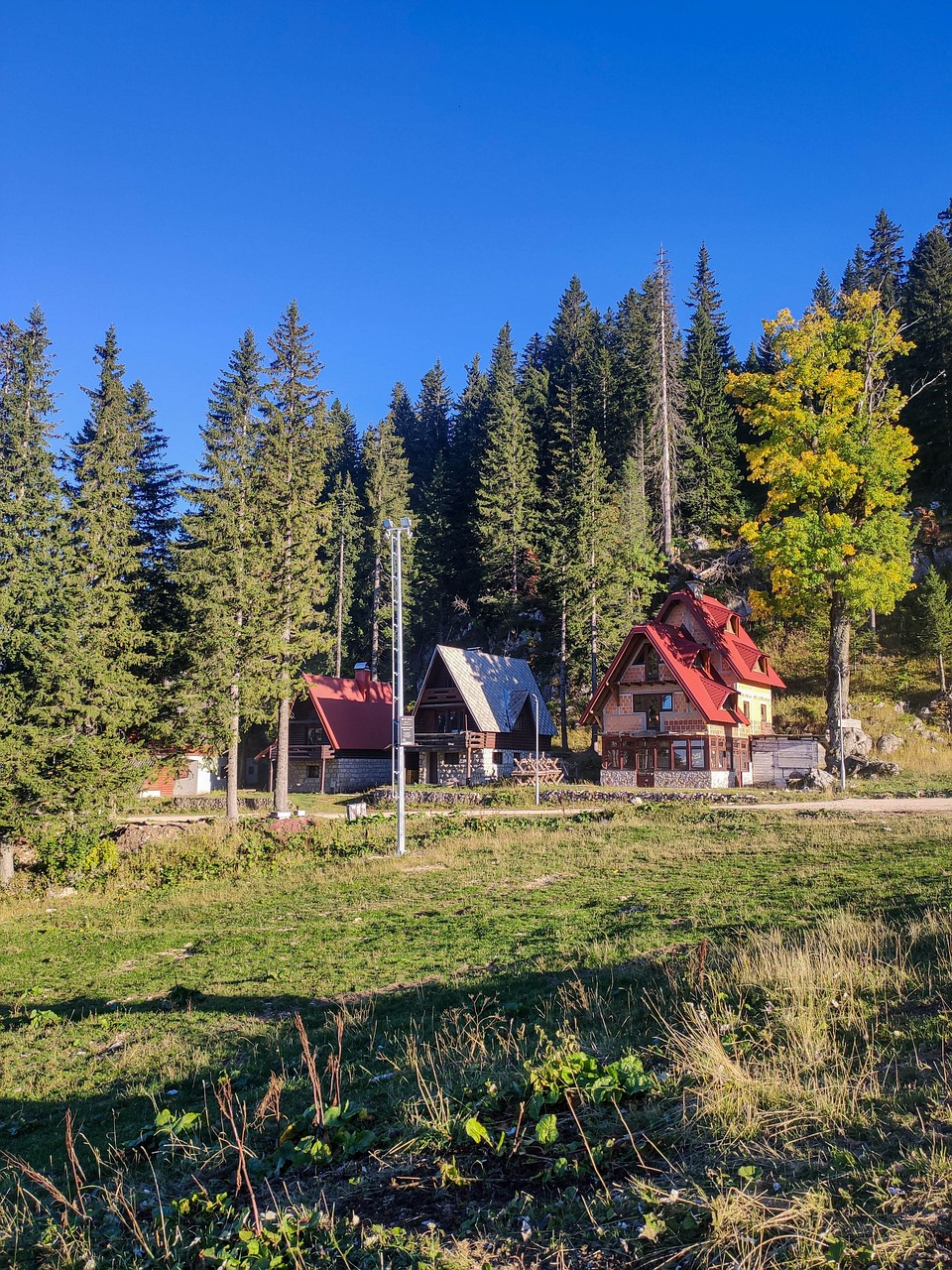Bosnia Video
Language and Communication: Overcoming Barriers in Bosnia
Introduction
Bosnia and Herzegovina, often referred to as Bosnia, is a country located in Southeastern Europe. With a complex history and diverse population, communication plays a crucial role in the country’s development and cohesion. However, Bosnia faces various language barriers due to its multiethnic composition and historical factors. This article explores the challenges of language and communication in Bosnia and highlights efforts to overcome these barriers.
The Importance of Language in Bosnia
Language is an essential aspect of identity, culture, and communication. In Bosnia, three main languages are spoken: Bosnian, Croatian, and Serbian. These languages are mutually intelligible and share a common origin, but historical and political factors have led to their classification as separate languages. The linguistic diversity in Bosnia reflects the country’s multicultural heritage and adds richness to its cultural fabric.
- Bosnian: Bosnian is the official language of Bosnia and is primarily spoken by Bosniaks, the largest ethnic group in the country. It uses both the Latin and Cyrillic alphabets.
- Croatian: Croatian is spoken by Croats, one of the constituent peoples of Bosnia. It uses the Latin alphabet and has some regional variations.
- Serbian: Serbian is spoken by Serbs, another major ethnic group in Bosnia. It uses both the Latin and Cyrillic alphabets, with the latter being more commonly used.
Challenges of Language and Communication in Bosnia
The linguistic diversity in Bosnia poses several challenges to effective communication and social integration. These challenges include:
- Misunderstandings: Differences in vocabulary, pronunciation, and idiomatic expressions can lead to misunderstandings and difficulties in communication between speakers of different languages.
- Language Barrier: The existence of multiple languages can create a language barrier, hindering effective communication, especially in official settings and public services.
- Historical Tensions: The historical context of conflicts and political divisions has contributed to language-related tensions, making it challenging to establish a common language or foster linguistic harmony.
- Education: Language differences affect education systems, as schools may use different languages, leading to disparities in access to quality education among different ethnic groups.
- Employment: Language barriers can also affect employment opportunities, as certain jobs may require proficiency in a specific language.
Efforts to Overcome Language Barriers
Despite the challenges, Bosnia has made significant efforts to overcome language barriers and promote effective communication:
- Language Policies: The government has implemented language policies that recognize the three languages as official languages, ensuring equal rights and access to public services for speakers of all three languages.
- Language Education: Language education programs have been developed to facilitate language learning and promote multilingualism among the population.
- Translation and Interpretation Services: Public institutions and organizations provide translation and interpretation services to bridge the language gap, particularly in legal, healthcare, and administrative settings.
- Interethnic Dialogue: Initiatives promoting interethnic dialogue and understanding aim to foster communication and build bridges between different ethnic groups.
- Media and Communication: The media plays a crucial role in promoting linguistic diversity by offering programming in different languages and encouraging linguistic tolerance.
Bosnia Image 1:

Language and Communication in Everyday Life
In everyday life, Bosnians navigate language barriers by employing various strategies:
- Code-Switching: Many Bosnians are proficient in more than one language and naturally switch between languages during conversations to ensure mutual understanding.
- Language Intermediaries: Bilingual individuals often act as intermediaries, helping facilitate communication between speakers of different languages.
- Language Learning: Individuals and communities actively engage in language learning to enhance their communication skills and bridge language gaps.
Bosnia Image 2:

Conclusion
Language and communication play vital roles in overcoming barriers and fostering unity in Bosnia. The linguistic diversity, while presenting challenges, also enriches the cultural tapestry of the country. Through language policies, education, and interethnic dialogue, Bosnia strives to bridge language barriers and promote effective communication among its diverse population.
References
- Bosnia and Herzegovina Ministry of Foreign Affairs: mfa.gov.ba
- United Nations Development Programme Bosnia and Herzegovina: ba.undp.org
- European Commission – Enlargement: ec.europa.eu
- Central Intelligence Agency: cia.gov
Bosnia Image 3:



